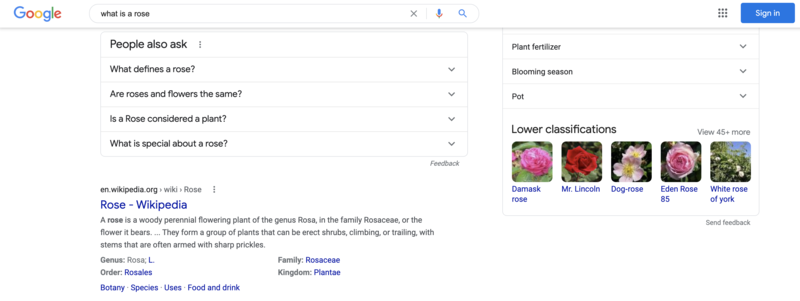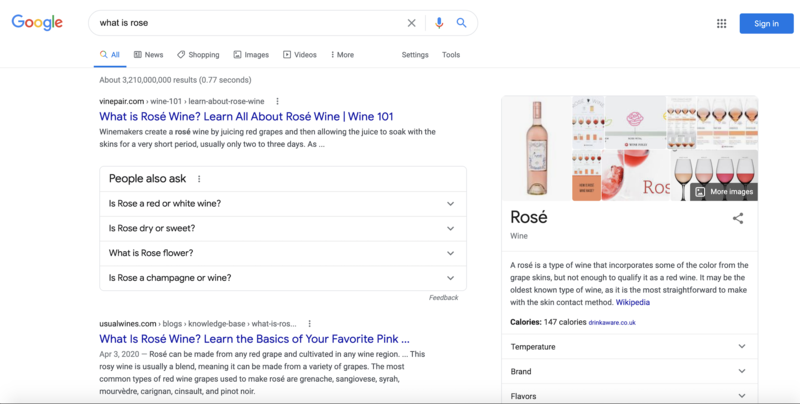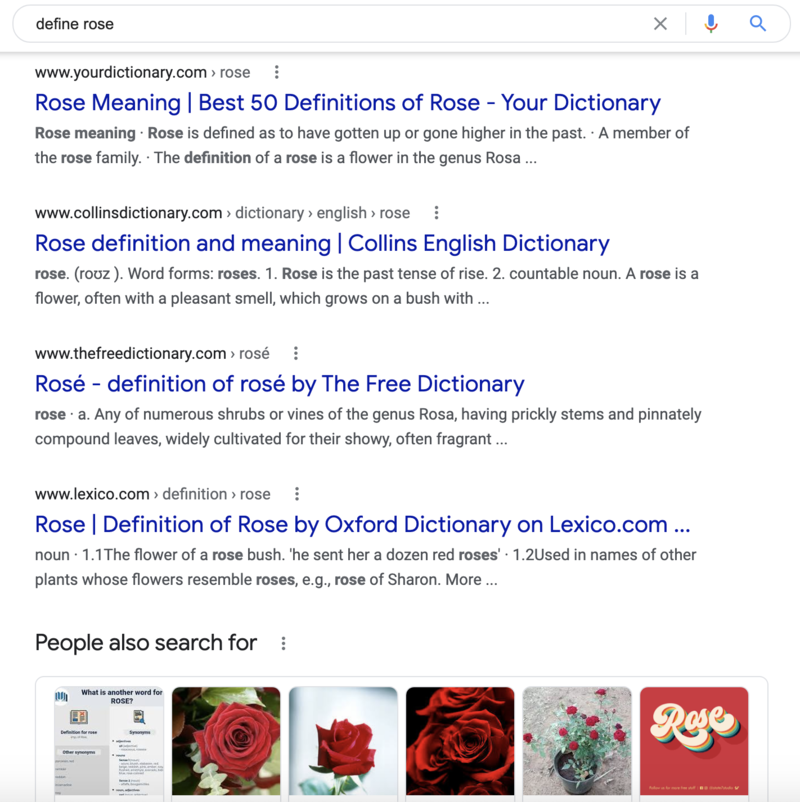In October 2019, Google released its newest and largest algorithm update since RankBrain – BERT. So, what exactly is BERT and does it matter to your SEO?
BERT – Bidirectional Encoder Representations from Transformers – is a neural network-based technique for natural language processing and has the ability to better understand the full context of your query by looking at all of the words in your search. Google built new software and hardware to make this update happen to better serve your search results and delve deeper into the relevant information you’re seeking.
Google said, “With the latest advancements from our research team in the science of language understanding–made possible by machine learning–we’re making a significant improvement to how we understand queries, representing the biggest leap forward in the past five years, and one of the biggest leaps forward in the history of Search.”

The search giant understood that through the billions of searches they received every day, people were searching for queries they wouldn’t normally ask for; say – in a day-to-day conversation. Rather, people were gearing their questions to what they thought Google would understand best. With BERT, you now have the ability to search in a way that feels natural to you instead of searching in a way you think Google, or a robot, will understand best.
For conversational queries and long-tail keywords, where prepositions like “for” and “to” are influential words, Google – or rather, BERT – will be able to understand the context of the words in your search. BERT models have the ability to perceive that a word as simple as “to” matters a great deal.
Google systems were previously matching search terms with keywords found on a page but BERT models understand words in different use cases. For example, Google tested and tested before releasing BERT and discovered searching “do estheticians stand a lot at work” matched to a page with “stand-alone” in the copy, simply because the word “stand” was present. The SERP wasn’t relevant to the query. BERT now recognizes “stand” was being used in a different context.
So, does the Google BERT update impact your SEO? You shouldn’t have seen too much of a shift in SEO changes while BERT rolled out like you would have in previous Google algorithm updates. Danny Sullivan of Google has said not to optimize for BERT. Continue creating content and optimizing for people and their natural queries.
BERT models are applied to rank and will impact featured snippets Google says, “BERT will help Search better understand one in 10 searches in the U.S. in English, and we’ll bring this to more languages and locales over times.”
The aftermath of BERT
After BERT was released, B2C companies, including AT&T, noticed that high volume head terms helped their rankings. Though, they weren’t ranking for solutions pages anymore but rather, for informational pages. Because of this, BERT altered content strategy for digital marketers. Instead of creating content around selling a consumer, digital marketers must first and foremost define the searched topic.
BERT is designed to determine what exactly the user is asking for so that Google can serve a searcher with the most relevant results pages. Below you can see different search use cases for the keyword “rose.” “What is a rose” turned up results pages for what a rose flower is. Here, Google used natural language processing and assumed that this search was requesting general information on what a rose is.

Then, you can see “what is rose” resulted in information on the pink wine Rosé. Here, Google assumed a search for the wine and offered insights through the entirety of page one about the pink colored wine, how it’s made, where it originated from, why it recently became so popular and more.

Below you can see “define rose” resulted in several different results pages. Rose is not only a flower, a type of wine and a name, but it’s also a verb. The “define rose” search wasn’t as certain as the ones above and offers multiple definitions for “rose" to answer a range of possibilities for the search.

Tracking BERT changes
It’s difficult to track whether or not BERT impacted your site ranks, but it’s possible to see how it continues to change your ranking content over time.
Data Cube offers monthly documentation to report on shifts in keyword rankings. You can track keywords in Keyword Reporting week-over-week to determine which keywords rank for your pages. There, you can see the content performing and what type of content your site is ranking for. Is it what is, who is, how is content? If you’re ranking for glossary and FAQ pages, strategize a content plan around even more informational content for your site.


